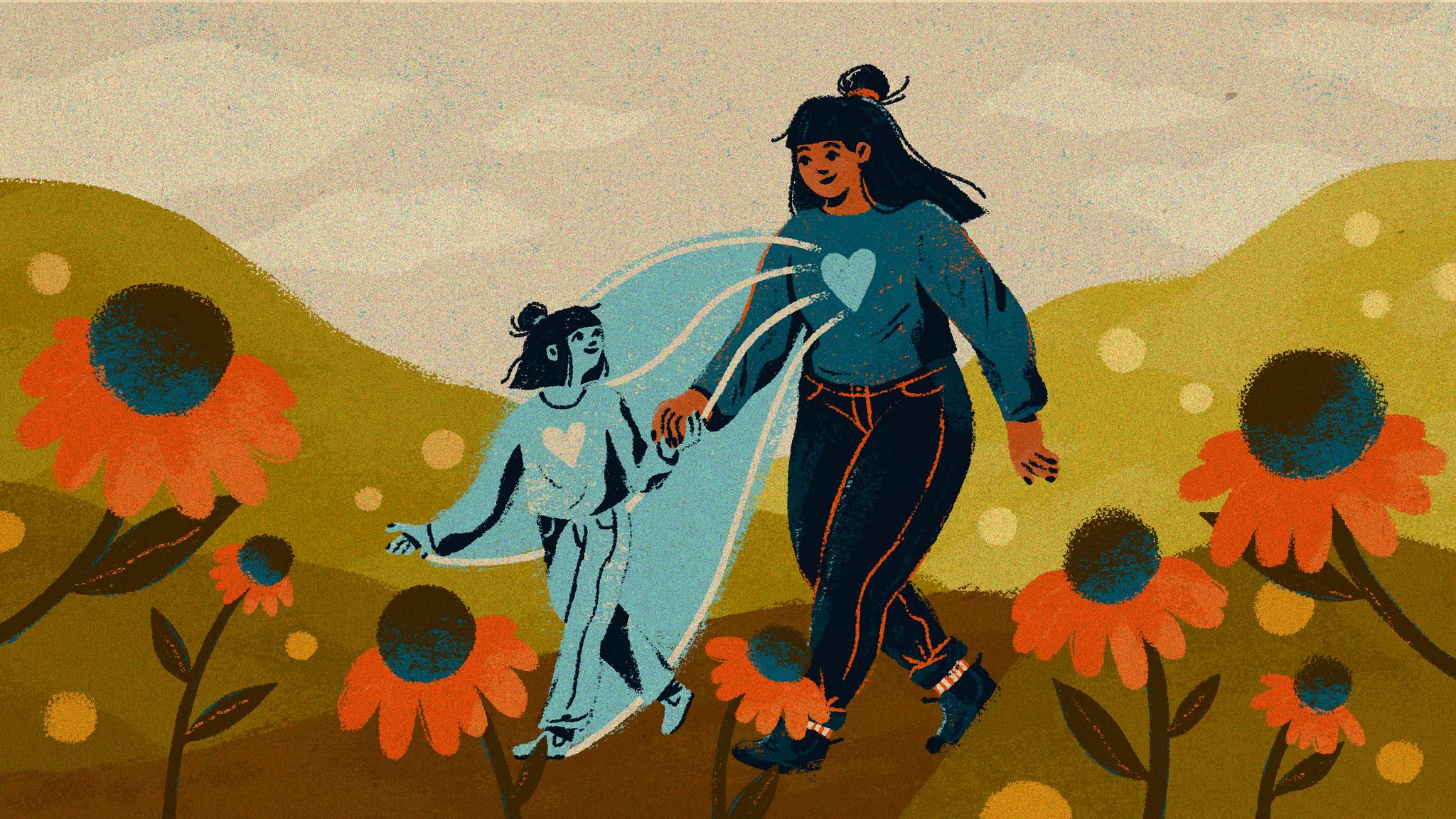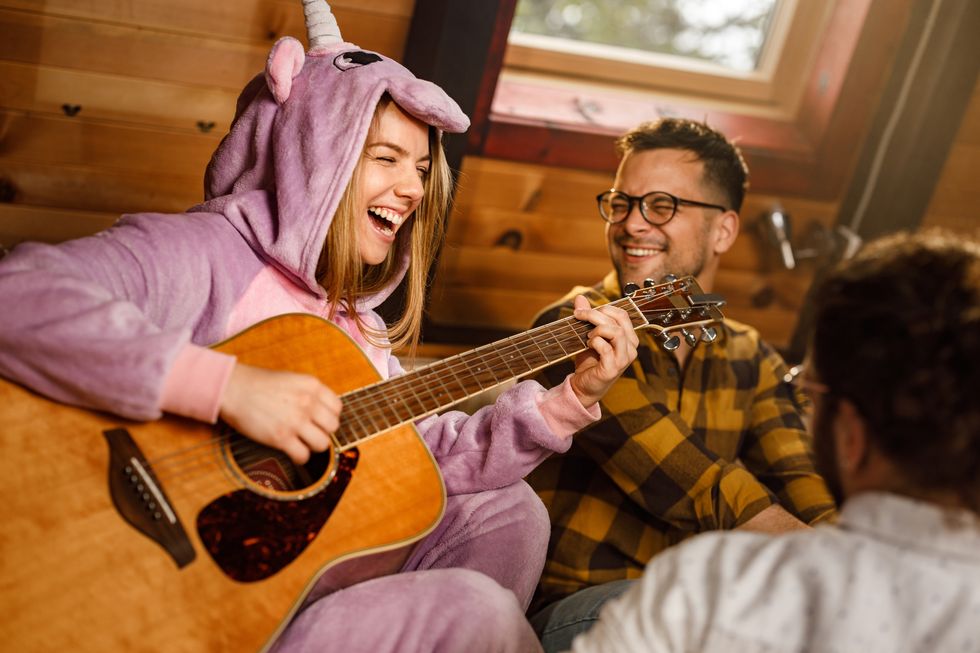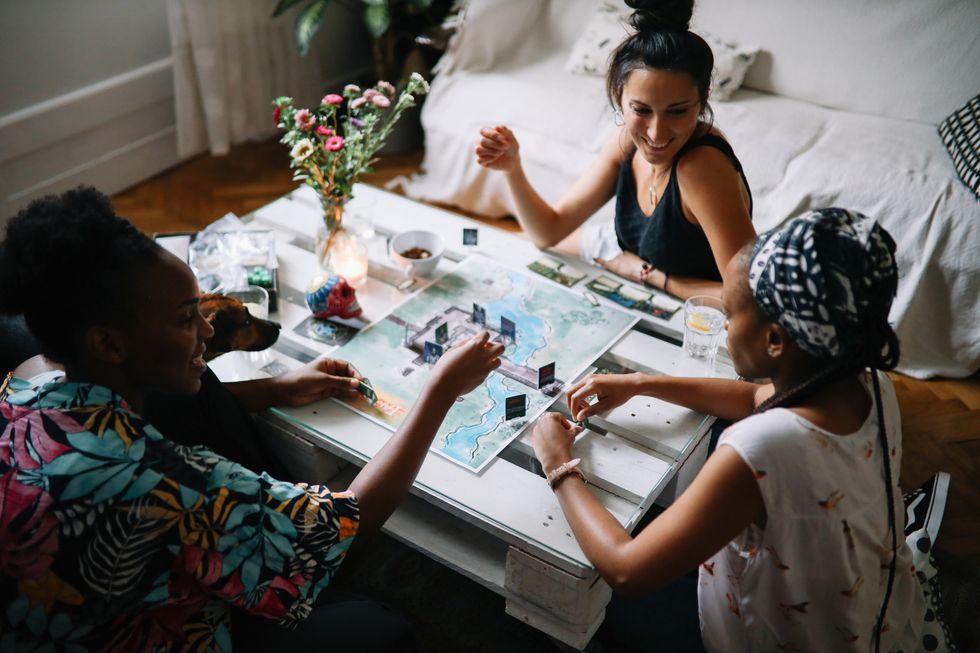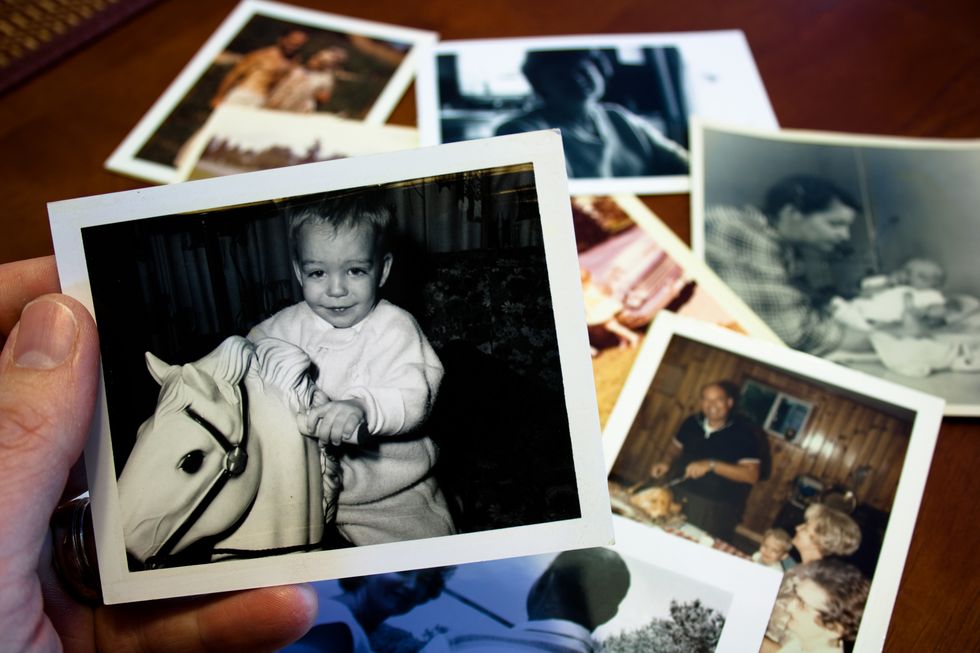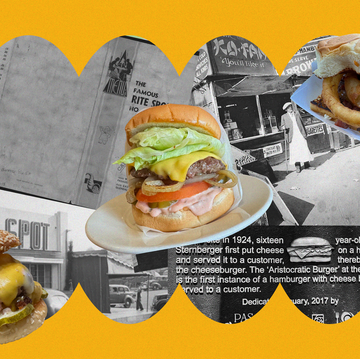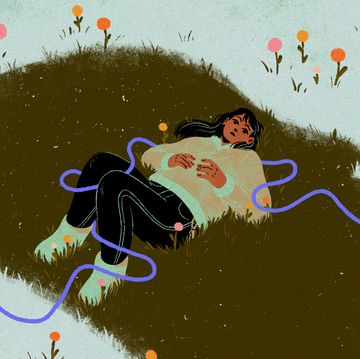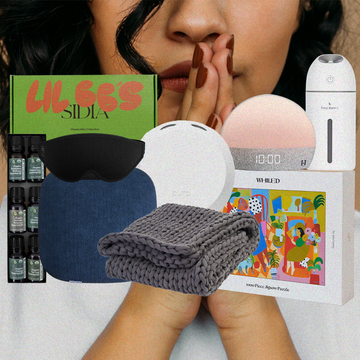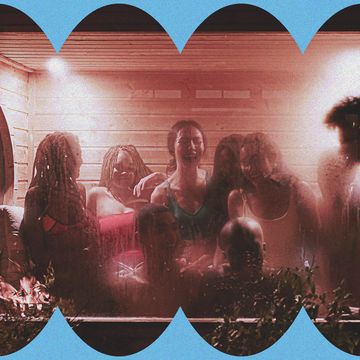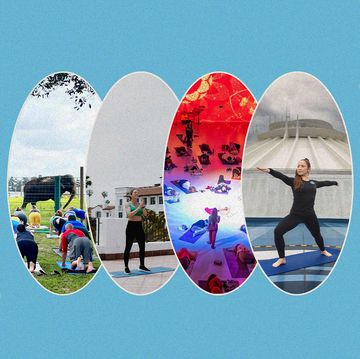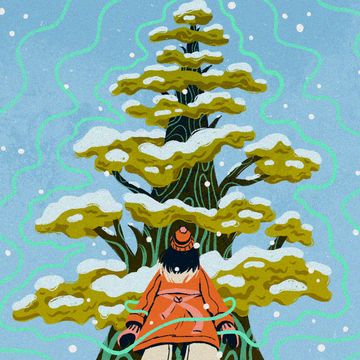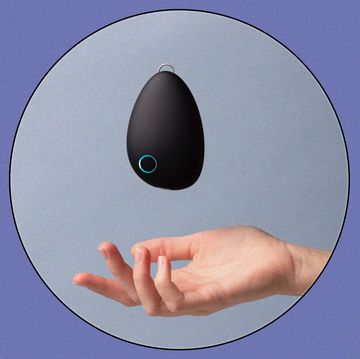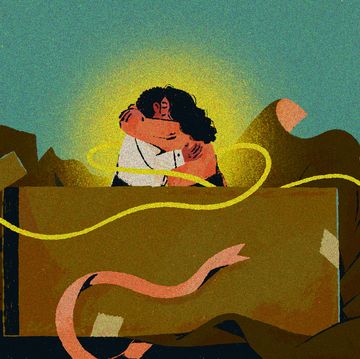Caring for our mental health is more essential than ever before. The way we treat our bodies, how and with whom we spend our time, and what thoughts take center stage in our minds are vital. In the monthly Shondaland series A Path to Well-Being, we’re sharing science and strategies to help you better understand and manage your well-being.
Remember when you were a little kid and loved to hula-hoop or play with Hot Wheels? How you were always climbing trees, riding your bike, and performing skits with your Barbies and G.I. Joes? Or maybe you remember being scared a lot because your parents were always fighting?
Regardless of what bubbles up when you think about your younger self, tapping into the energy of your inner child can boost your well-being as an adult. Your inner child can help the “adult you” be more playful as well as comfort and help heal childhood wounds, according to Lauren Turner, a Los Angeles-based licensed clinical social worker and author of The Athlete’s Guide to Mindfulness, which encourages connection with one’s inner child.
“As an adult, you get to re-parent yourself,” Turner says, “which can allow you to tap into your inner child in healthy ways or find ways to let that inner child heal if they’ve not been taken care of.”
Psychologist Carl Jung coined the term “inner child” about a century ago. His theory was that emotions experienced as a child influence our actions and decisions as we grow up. Research shows that adverse childhood experiences, such as experiencing violence, abuse, neglect, mental health struggles, or substance abuse issues, can seriously impact our physical and mental health as adults.
The inner-child construct, however, isn’t scientifically validated, says David Tzall, a Brooklyn, New York-based psychologist. But it can still be useful for building healthier relationships with ourselves and others.
“The value and positivity comes from acknowledging that we possibly had unmet needs as a child … and part of the reason we make mistakes, or we’re in pain, or there’s any kind of trauma now, or we act in a rigid way is because of those unmet needs,” Tzall says. “If we take care of that inner child now, we can potentially move forward and let go of what was holding us back.”
Whether you want to right emotional wrongs from childhood or just bring more lighthearted playfulness to your life, here’s how to get in touch with the wisdom of your inner child.
Remember what you loved
What brought you joy as a child? Was it dancing? Making art? Jumping rope? Watching cartoons? Playing soccer? Look for opportunities to integrate some of these pastimes into your busy days, Turner advises.
“That’s why there are so many adult sports leagues,” Turner says. “If you really liked art, think about what kind of art class you might take. Could you do a sip and paint with friends? The inner-child piece is not letting your adulthood take away your ability to find joy and fun in the little things.”
Bring on the game nights, impromptu dance parties in the living room, or pick up a coloring book. As a child, perhaps you loved the freedom of unstructured play, but your adult life is all about work, responsibility, and sticking to a schedule. That disconnect from your essential nature can be a potential source of unhappiness and depression, Tzall says.
“Oftentimes, because of societal needs, we give up on that which we really enjoyed or had to compromise in some way,” Tzall says. “[The inner child] is unbound by other people’s suggestions. … It’s more this pure sense of what we want or who we are, and the more we’re able to tap into that, then we can declutter the messages that we have internalized and taken in that really have no bearing on who we are or what we want.”
Be your own good parent
“The idea of parenting yourself means that you get to create the ideal relationship with yourself that you needed from your parents,” Turner says, “which can sometimes be really hard, depending on how you were brought up.”
For those whose childhood wasn’t such a playful, happy time, consider what you really needed from your parents or caregivers at that time and give it to yourself now. “Acknowledge that maybe you didn’t have the kind of childhood or upbringing or level of attachment that you wanted,” Tzall says. “But now that you’re an adult, you can give it to yourself, or you can seek out other people who can give it to you.”
If your parents were often distant or absent, prioritize connection with friends and loved ones. If your parents were freewheeling but you craved structure, ground yourself with routines you love. Or if your folks were super-strict, allow yourself to feel rebellious — maybe call in sick to work and spend the day at an amusement park (without posting on social media, of course).
Find a photo of yourself as a child
Seeing your sweet self as a kid can make your inner child feel more accessible and easier to honor. Find a photo of yourself as an elementary schooler — maybe doing something you loved — and post it on your desk or make it your phone’s home screen.
What were their hopes and dreams? How did they spend playtime? What made them happy? And what can you, as an adult, do now that they would have adored? “She might have loved Rainbow Brite and wanted to wear her My Little Pony shirt,” Turner says as an example, “and she would have died to go on a pony ride.” So, take that inner child horseback riding.
A side bonus of seeing the face of your younger self: It can boost self-kindness because who could say critical, mean things to that little cherub? “Everyone has an inner child,” Turner notes, “that really does, deep down, just want to have so much fun.”
Sandy Cohen is a writer, health and wellness coach, and host of the Inner Peace to Go podcast. Follow her on Instagram at @YouKnowSandy.
Get Shondaland directly in your inbox: SUBSCRIBE TODAY
